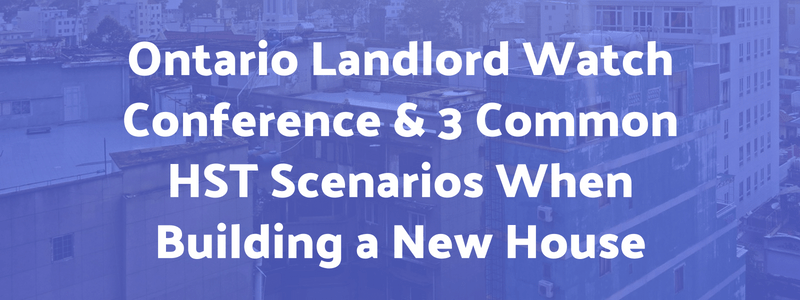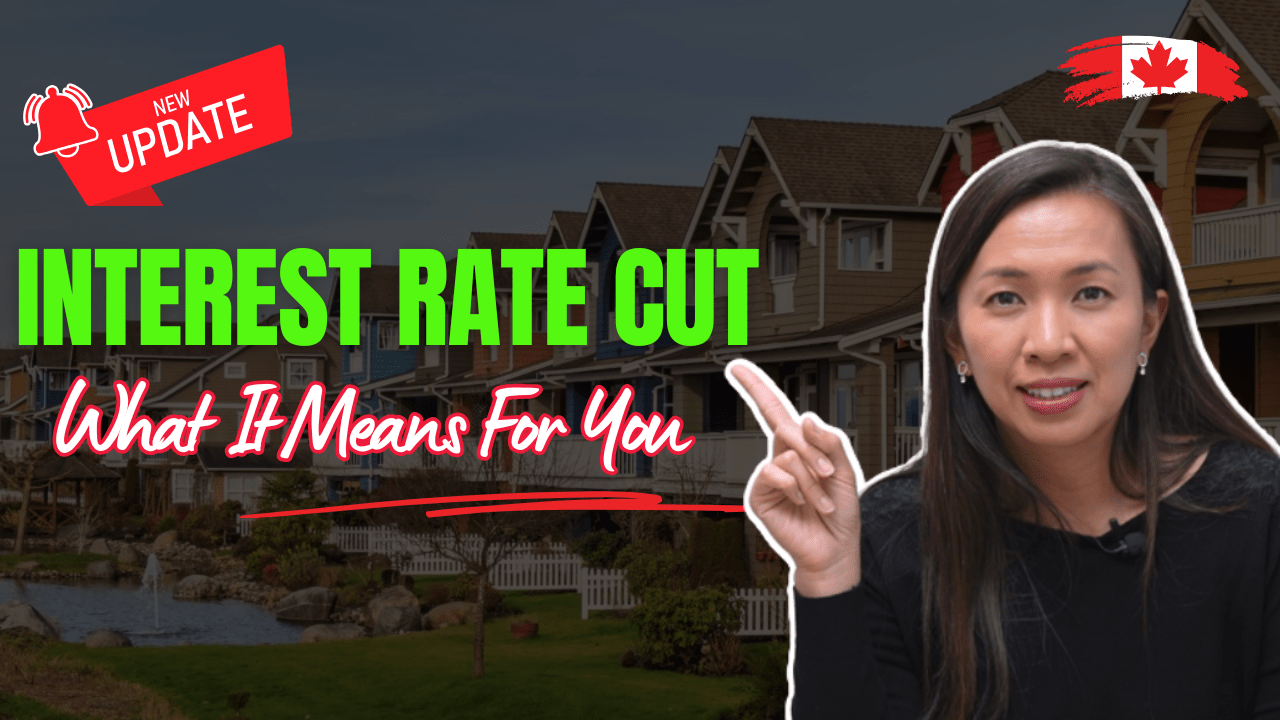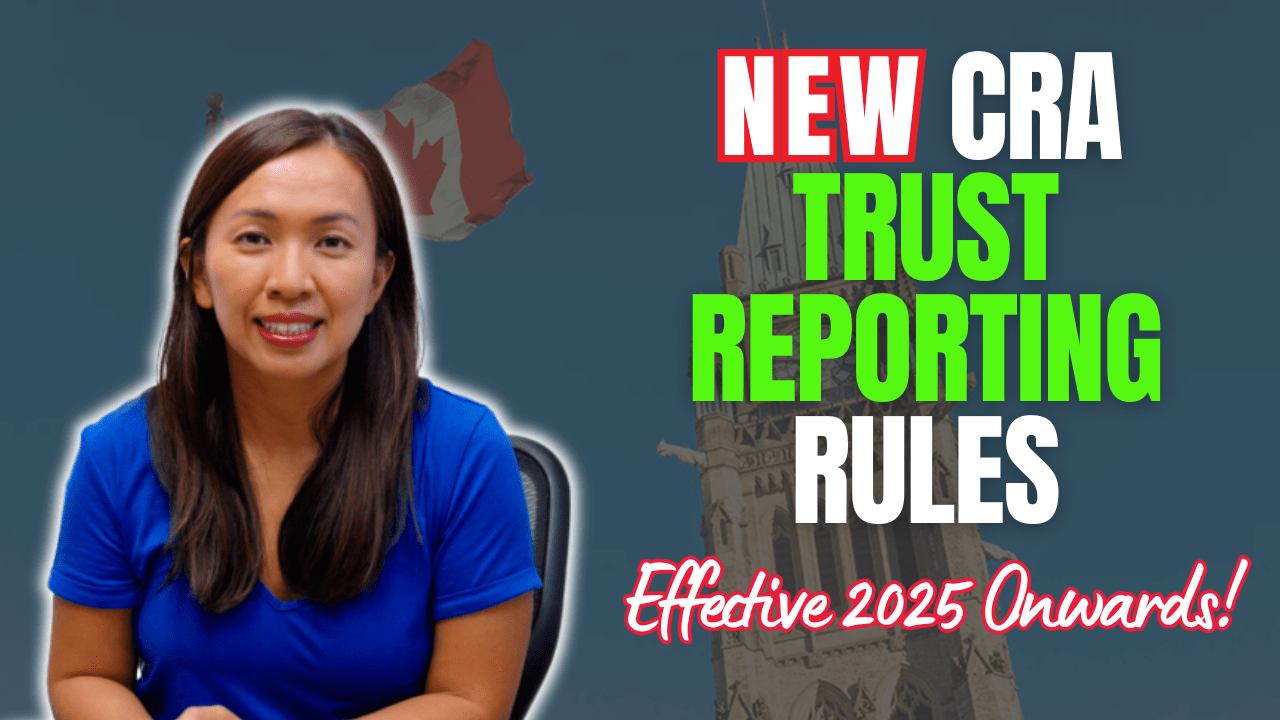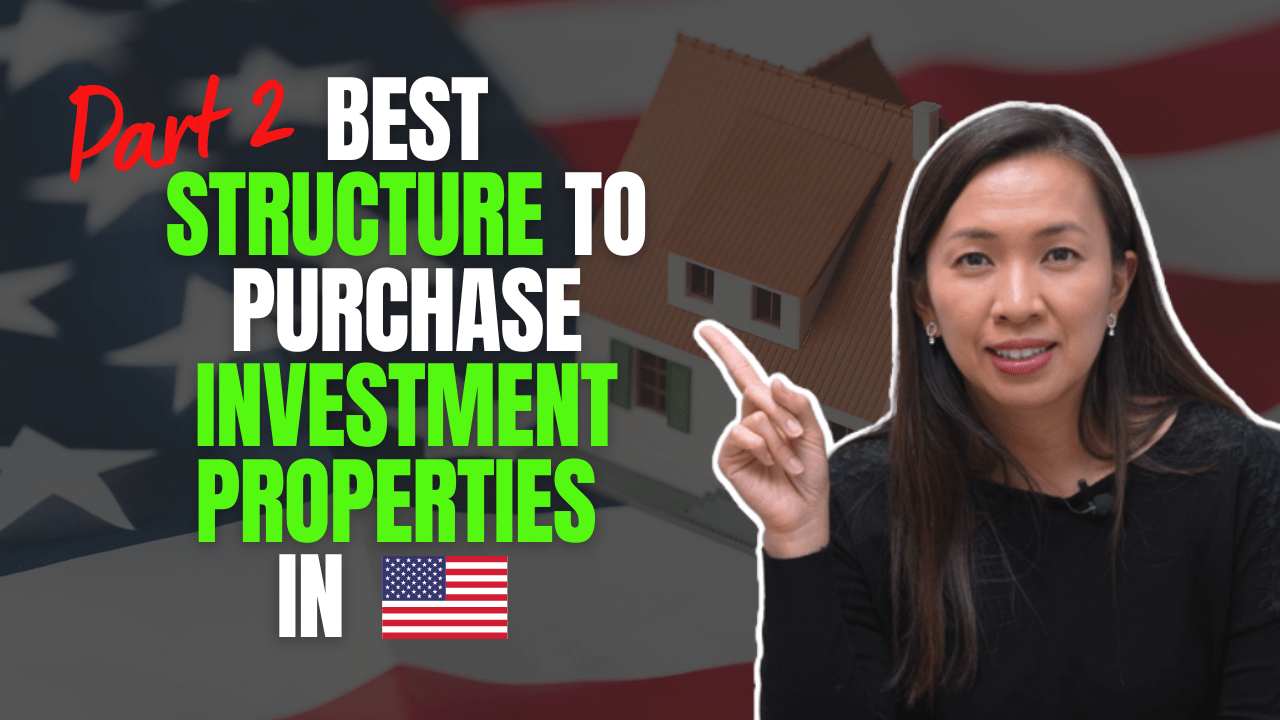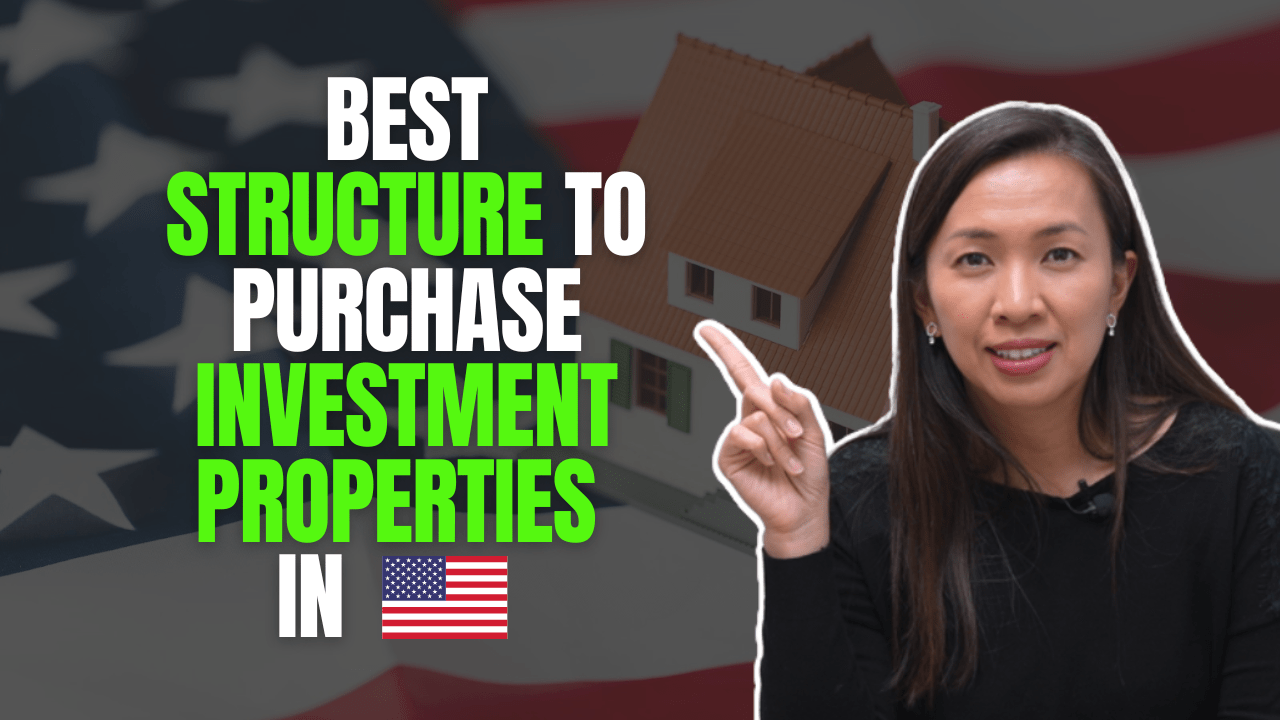
Today, I got the opportunity to speak to Kayla, the founder of a group called Ontario Landlord Watch. She has started Ontario Landlord Watch initiative since 2010, acting as a voice to our government advocating fairness among landlords and tenants in the residential rental industry. I have never had a conversation with someone that is so passionate about having landlords’ voices heard. By having landlords’ voices heard, she hopes to help to solve the shortage of housing supply in Ontario. She spoke to many MPPs. She’s even got an invitation to talk about landlords’ right to Queens Park. She’s not doing this for a profit. On October 21, Ontario Landlord Watch will be hosting their annual event at Cambridge, Ontario. You can find out more about the event using this facebook link I am going to be there, as a landlord, supporting our cause and supporting our rights. Now, let’s get back to today’s technical topic, building and HST. ? I have discussed this topic once before – see 5 Common HST Questions When Building Or Substantially Renovating a Property.
Buy an old house, tear it down (or buy a vacant land), rebuild a new home in your personal name
If you buy an old house and tear it down to build your dream home, you’re not considered as a “builder” in the HST world. Building your dream home is exactly what is needed to feel comfortable and safe, you can check out home warranty insurance or loans to ensure the safety of your home, allowing you to relax and enjoy your home to it’s fullest potential. So get building! The only thing is that you are not allowed to claim the HST you pay to the contractors that help you to build your house. You can qualify for New Housing Rebate. This does require you to keep track of all the building costs and expenses, categorized them by nature of expenses, such as plumbing, insulation, deck, tiles, flooring, etc. If you are planning to build your own home, I strongly advise you to go through the New Housing Rebate available. What if you sell it to someone later on? You’ve built your own home, and you’ve lived in it for a while. You’ve used it as your primary residence. You have insurance, and you have driver license changed. Now you want to move on to a different neighbourhood, and you want to sell. Do you need to charge HST on the sale? When you sell it to an unrelated party, later on, you are not required to collect HST on the sale. This house is now considered as residential resale. Residential resale is exempt supply, and you don’t need to charge HST. How long do you have to live in the property before you qualify to call it a primary residence? Well, it is not how long you have lived in the property, it is whether you lived in it as your primary residence. Primary residence requires:
- ownership of the property
- ordinarily inhabiting the property
- designation of a property as a principal residence
Ownership of the property is self-explanatory. Ordinarily inhabiting rule is indeed quite confusing. What is considered ordinarily inhabiting a place is based on the facts presented. So, when you say you live in your newly built home as a primary residence, you need to keep evidence. This includes insurance record, driver license, bank statements, CRA address change, etc. etc. You can live there for a few months, and it can be considered as your primary residence. You can live there for over a year, and it may still not be considered “ordinarily inhabited.” If CRA ever questions you, the responsibility is on you to present your case. Say, if you live there, but never changed the address of your driver license. You only had a crappy mattress there and nothing else, chances are, your case wouldn’t look very good in court. Another example is that you designate this new house as your primary residence, you’re a contractor by trade, and you have moved in and out of multiple primary residences in the last few years, chances are, your case also wouldn’t look very good in court. There’s no one size fits all answer, unfortunately. Income Tax Act does not specify a duration of time that you need to stay in a property to qualify for the primary residence exemption. Be sure to keep all documentation support, just in case you ever get audited!
Buy an old house, tear it down (or buy a vacant land), rebuild a new home in your corporation’s name, and move in as your primary residence
Let say the case fact changed a bit. You bought a vacant land to build a new house for sale in your corporation’s name. But the market condition isn’t as great as what you anticipated. The new house is nice, and so you decide to move in as your own. Oh well, that’s a problem! When your business is to build new houses, and you decide to move into one of these houses, you have made a self-supply. If you find that you are guilty of this and have moved into a house you have built, then it’s time to start thinking about decorating. You may have always wanted window shutters but have always been put off paying too much. So why don’t you save some money by doing it yourself as that way you have complete control over what you want. Anyway, self-supply means that you have to pay HST. The HST is calculated based on the fair market value at the time you convert the property to a primary residence. If the property is worth $1M at the time you move in, you now owe $130K HST to CRA if the house is located in Ontario.
Buy an old house, tear it down (or buy a vacant land), build a new rental in your personal name OR corporation’s name
Now, let’s say that your intention was always to build a brand-new house for rental. That self-supply rule mentioned above also applies to you. This means that, when you move a tenant in for long-term residential rental, you will be liable for HST on the fair market value of the property! Ouch! Building a new house is a huge investment. Speak to someone knowledgeable before you start planning to build. Contact a few new home builders and get their opinion. Ask for advice from friends and family about the situation. Building a new house is a huge investment and you really need to think carefully before you put any money on the table. You don’t want to end up making a big mistake so do your research!
Until next time,
Happy Canadian Real Estate Investing.
Cherry Chan, CPA, CA
Your Real Estate Accountant
